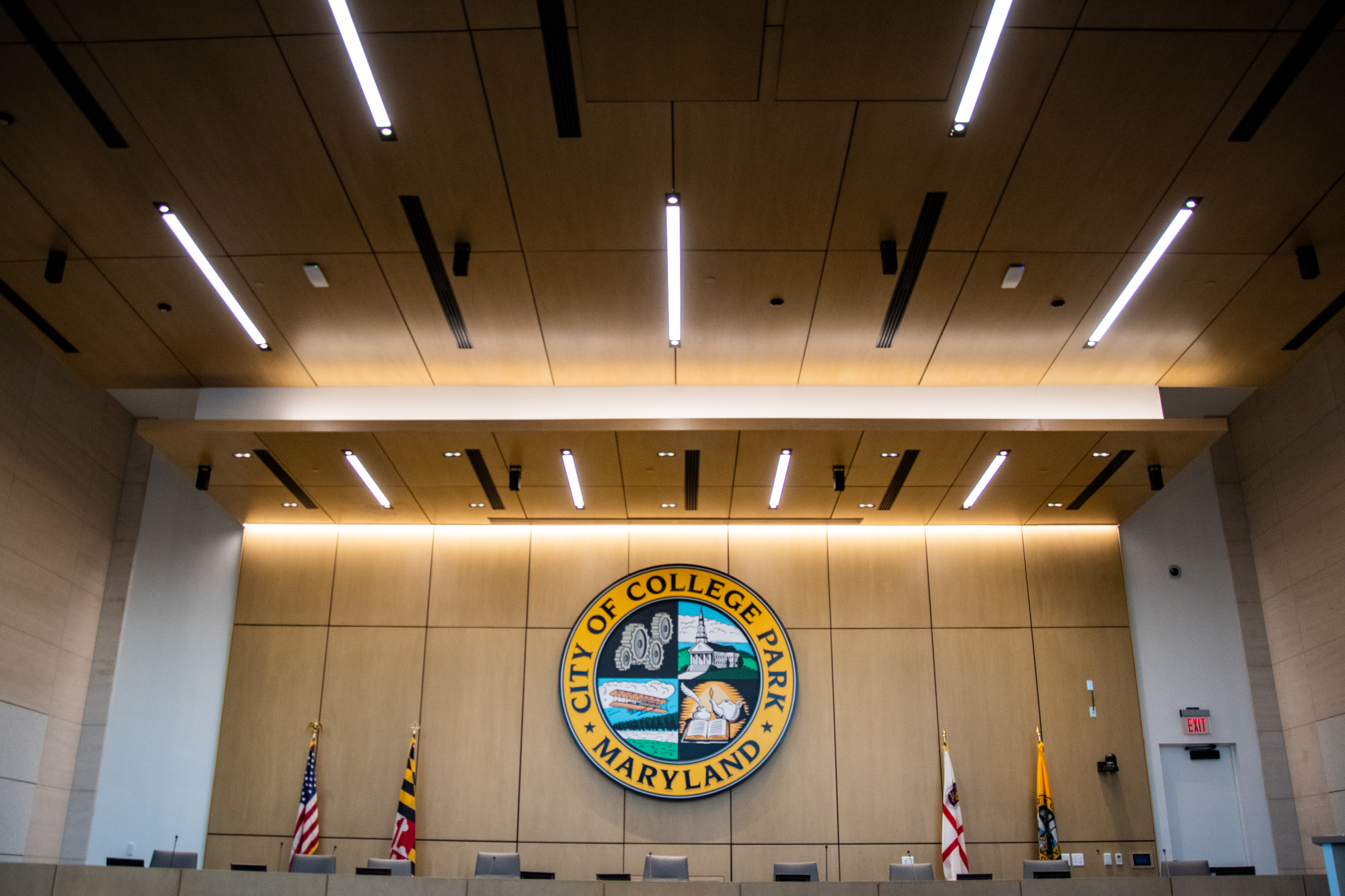Views expressed in opinion columns are the author’s own.
As a result of my interactions with different types of students across the University of Maryland’s campus, I have noticed one clear difference between students. Undergraduate and graduate students have very different attitudes and perceptions about where they are in their lives.
Beyond looking — and usually being — younger, the undergraduate students I have talked to are exploring themselves and their surroundings: They are going to local concerts, restaurants and bars and enjoying the liveliness of the College Park area. Meanwhile, the graduate students I’ve met work tirelessly toward their goals with modest stipends that often make it a burden to go out.
Both types of students are vital to the university’s success, and they often have very differing opinions about what aspects of College Park infrastructure and policy they most utilize and support.
But only undergraduate students get a seat on the College Park City Council. Ultimately, both groups of students deserve equal political representation. This city’s council needs to allocate another student liaison position for graduate students so their voices can be heard.
The Student Government Association, which only represents the undergraduate student body, appoints one student liaison. The student acts as a middleman between students and the city council, sitting in on city council meetings and advocating for policy initiatives they think would benefit students.
Yet graduate students — about one-fourth of our total student population — are not eligible for the role of representing graduate students’ distinct desires for their College Park experience.
These distinct desires can be incredibly urgent. While college affordability is a big concern for undergraduate students, I’d argue it is even more of a concern for most graduate students. A 2018 study found undergraduate students covered 13 percent of college costs. A study in 2017 found graduate students paid for 77 percent of their school bills. That’s not all that’s coming out of their wallets: The high costs of housing, food and transportation make every penny especially valuable. I’m sure many graduate students are desperate for something to alleviate these financial burdens.
Policies to make the College Park area more affordable could be a breakthrough for the graduate student community. Initiatives advocating for community-wide affordable housing and increasing access to public transportation would greatly benefit graduate students. Yet, they are not allowed a seat at the table to speak — for or against — local policies that tremendously impact their ability to attend this university.
A particularly vulnerable subset of the graduate community is international students who last year made up more than 30 percent of this university’s graduate student population. These students are leaving their homes, friends and culture, and we don’t think they deserve a chance at level of representation in the College Park government?
Designing a way to appoint a new graduate student liaison would be simple. Graduate students already have their own governing body, which was organized to advocate for the interests of all graduate students. The Graduate Student Government could easily appoint a student invested in the needs of other graduate students and interested in making an impact on the College Park community to be a student liaison.
The good news is appointing a graduate student liaison already has some prominent backers from city officials. In a work session about the topic last year, some council members appeared open to adding a graduate student liaison to the council. Mayor Patrick Wojahn said the city could convene with a group of graduate student leaders to progress toward creating a graduate student liaison position.
At the end of the day, the undergraduate and graduate students at this university are two drastically different populations with unique priorities and desires. While it is significant that students at this university have official representation in local policy-making decisions, one voice on the city council to represent two distinct populations is simply not enough. If the council wants to truly acknowledge the desires of all of this university’s students, it can start by creating a position for a graduate student liaison.
Ravi Panguluri is a sophomore computer science and statistics major. He can be reached at rpangulu@umd.edu.



